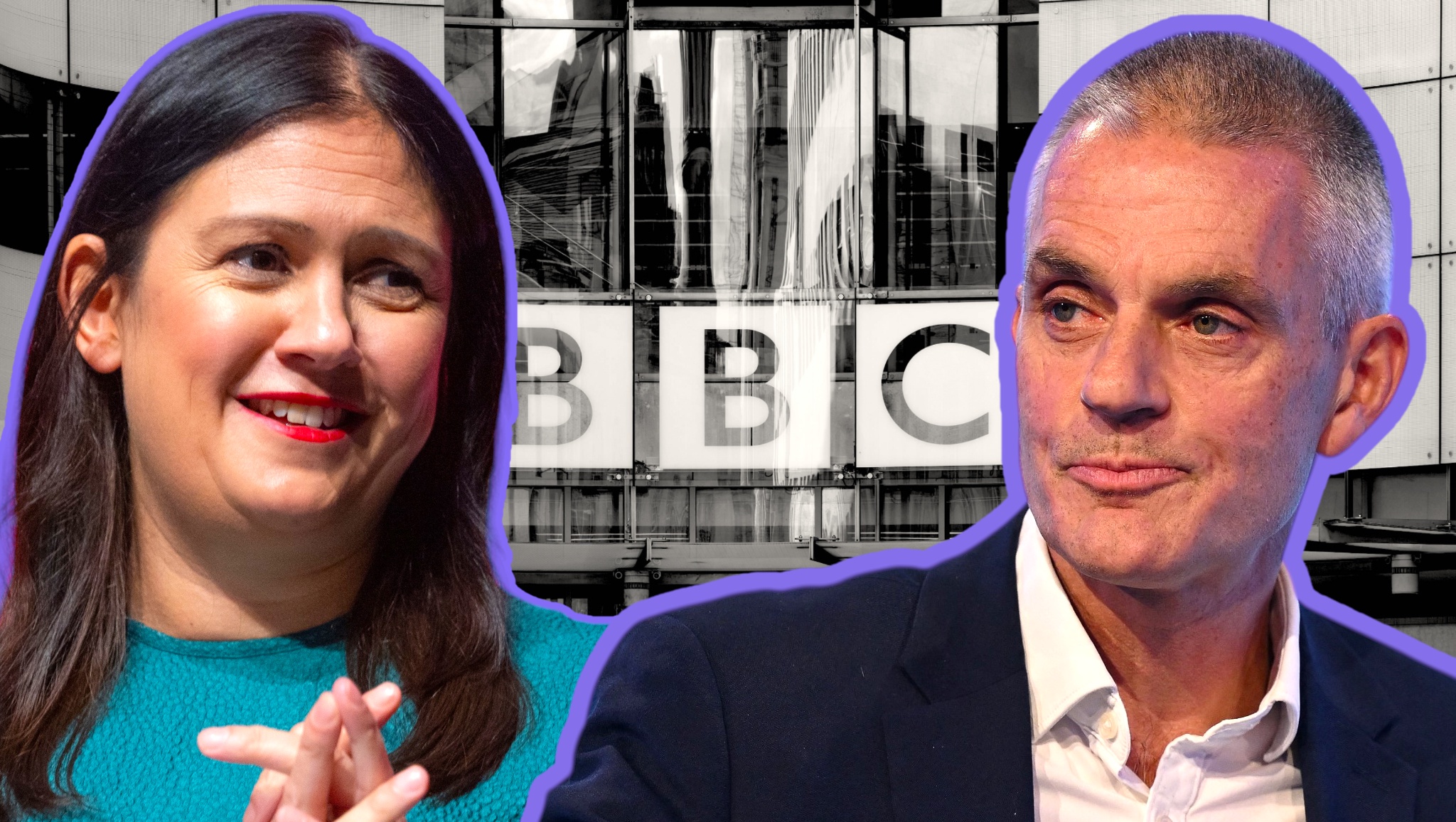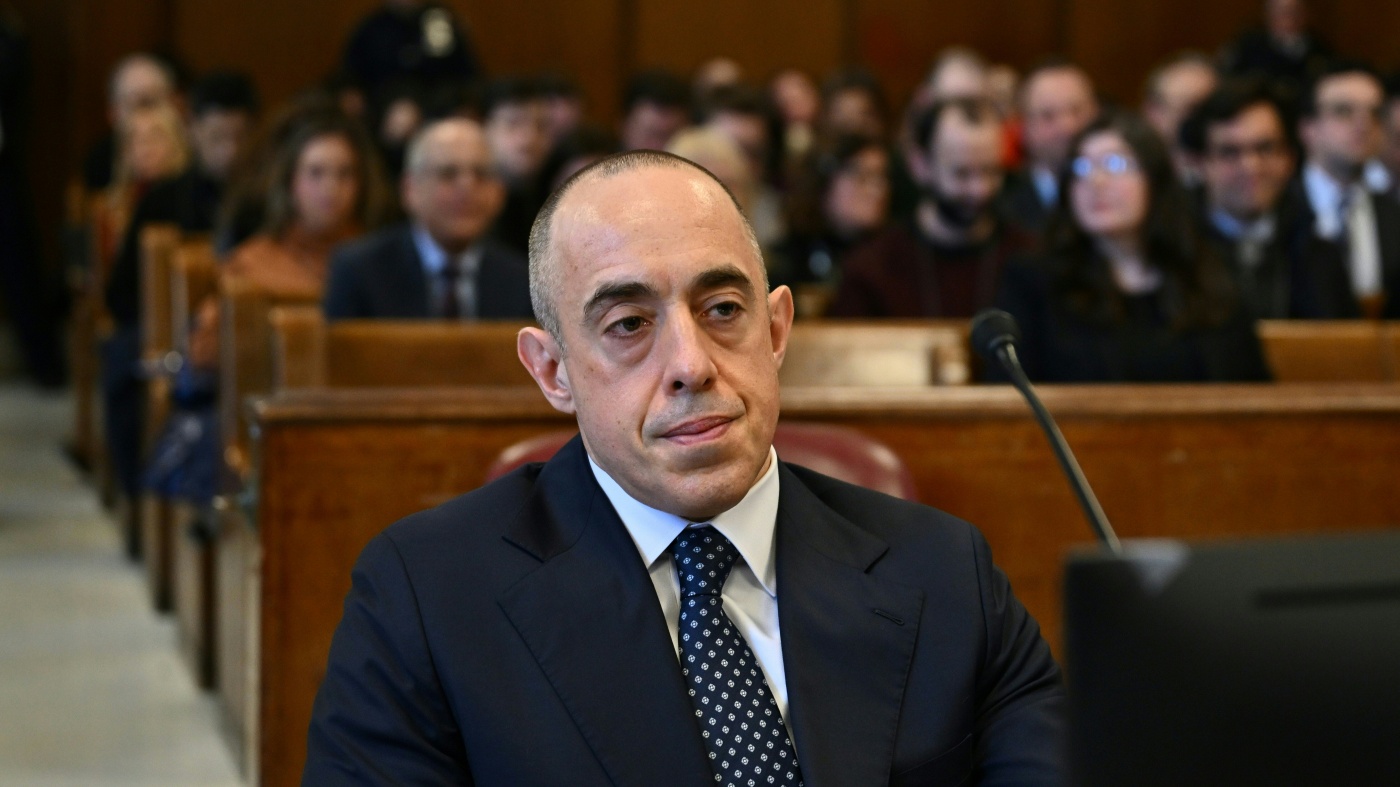Culture Secretary Lisa Nandy’s Actions Raise BBC Independence Concerns

British Culture Secretary Lisa Nandy has come under scrutiny for her public criticisms of BBC Director-General Tim Davie, raising alarms about the integrity of the national broadcaster’s independence. Nandy, appointed by Prime Minister Keir Starmer in July 2022, has expressed discontent over the BBC’s handling of various editorial issues, particularly in relation to the ongoing Israel-Hamas conflict.
Nandy’s remarks have intensified following the airing of the controversial documentary, Gaza: How to Survive a Warzone, and a live performance by artist Bob Vylan at Glastonbury, which included provocative chants. She categorised the editorial missteps as indicative of “a problem of leadership,” and in a recent interview with The Times of London, she refrained from confirming her confidence in Davie, despite the BBC Board’s support for him.
Growing Tensions Over BBC Governance
The frequency and directness of Nandy’s interventions are notable, contrasting sharply with the approaches of her Conservative predecessors. Over the past year, she has reached out to Davie directly on at least seven occasions regarding matters of public controversy, a frequency that surpasses the total instances of her predecessors combined over a span of 14 years. This level of engagement has led to concerns among lawmakers, BBC insiders, and media analysts about the appropriateness of her actions.
A former member of the BBC board commented, “Nandy has crossed a line,” suggesting that her public criticisms undermine the expected governance structure. According to Roger Mosey, the former editorial director of the BBC, Nandy’s approach appears to micromanage the organization, raising questions about the balance between oversight and operational independence.
The Department for Culture, Media and Sport (DCMS) defended Nandy’s actions, asserting that there is a critical distinction between independence and accountability. The BBC’s charter mandates that the organization must remain independent in all matters, and board members, including Davie, should not take directives from government ministers.
Implications for BBC’s Future
Insiders from the BBC have indicated that Nandy’s approach could adversely affect the broadcaster’s autonomy. Concerns have been raised about how her public stance might influence upcoming negotiations regarding the BBC’s charter renewal. The tension is further exacerbated by allegations of workplace misconduct involving high-profile figures associated with the BBC, including Huw Edwards and Gregg Wallace.
Nandy has expressed particular concern about allegations of power abuse within the BBC and perceptions of anti-Israel bias. There is anticipation of an independent inquiry into Wallace’s conduct, and an internal review regarding the Gaza documentary is expected to be released soon.
Some observers note that while Nandy’s agitation reflects genuine concerns, it also risks alienating segments of the public who feel the BBC has not adequately represented their views. The debate is ongoing over how the BBC should balance its content and coverage, especially given the polarized opinions surrounding the Israel-Hamas conflict.
In light of these developments, the potential repercussions for the BBC’s governance and its relationship with the government remain significant. Industry insiders caution that Nandy’s actions may inadvertently strengthen the resolve of the BBC’s leadership to protect their operational independence, illustrating the complex interplay between government oversight and media autonomy.
As this situation evolves, the implications for the BBC’s future and its role in British society will continue to be closely monitored.






